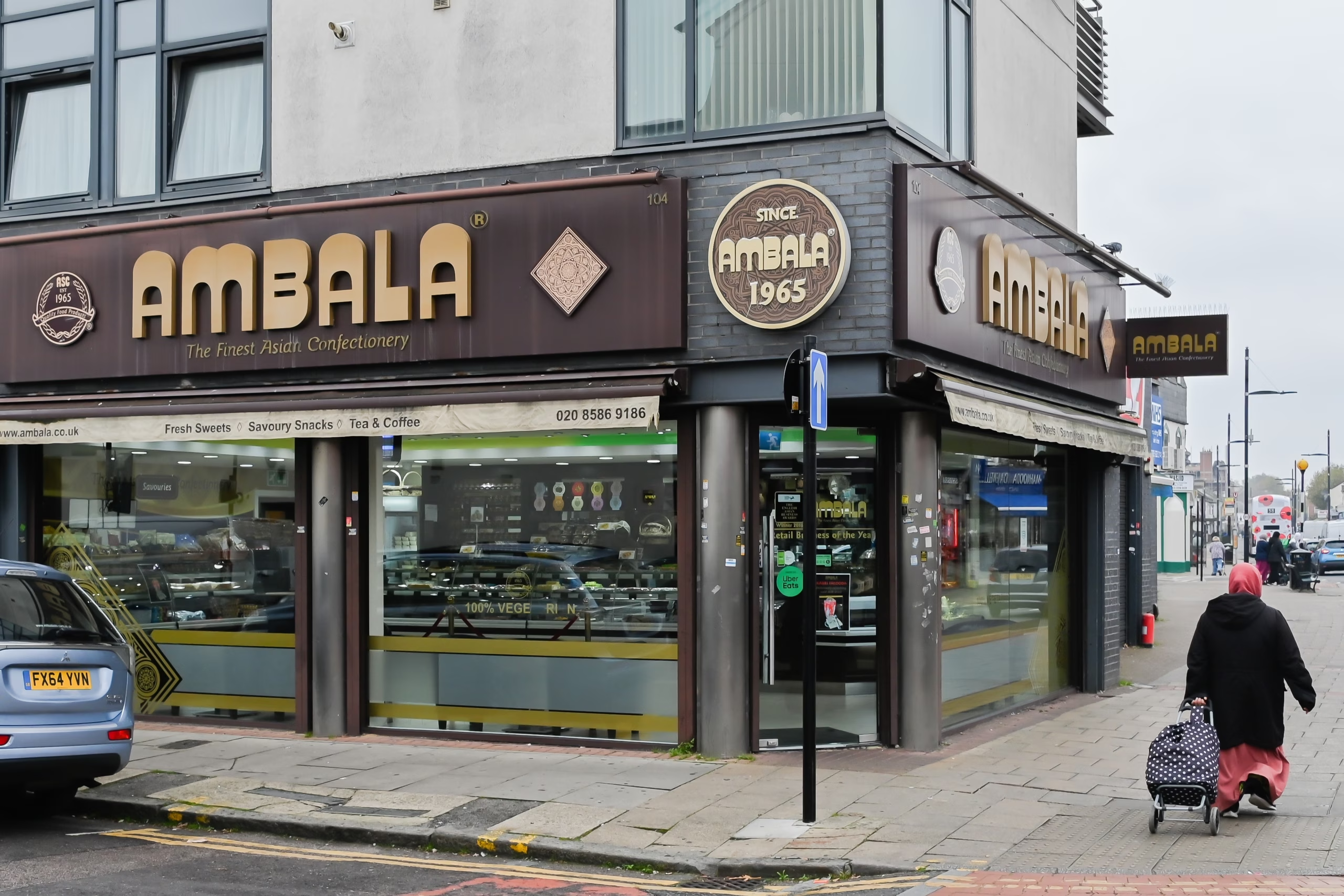Finally, you have secured the perfect building / office / factory / warehouse. No doubt this has taken you months of work. But your work is not over just yet. It is imperative that you negotiate favourable terms in the commercial lease agreement that you will need to secure your perfect building / office / factory / warehouse.
Your lease is likely to constitute one of your biggest outgoings; don’t make it a source of liability for years to come by failing to get the terms and conditions your business needs to operate successfully and thrive.
Believe it or not, negotiating a commercial lease is an art. Remember, when you are presented with the commercial lease agreement, the terms will always be weighted in favour of the landlord. He or she will expect you to negotiate. A human resources professional once told me, “whenever we recruit someone cheap, we think how lucky we are”. A landlord is in the same position as an employer in the sense that if you fail to negotiate, he or she will think they have struck pay dirt.
Much of your power to negotiate will depend on the rental market at the time and whether it is in your favour as a tenant (i.e. there are plenty of properties around) or the landlord (good premises are in short supply). According to RICS Q2 2016: UK Commercial Property Market Survey, Brexit has hit the commercial property sector hard, especially in London. Occupier demand has failed to rise for the first time since 2012. If this uncertainty continues, (which is likely), then the odds may be stacked in your favour when it comes to negotiating.
With this in mind, let’s look at some key areas of a commercial lease that you must always negotiate.
The length of the lease
Ideally, you want to have a lease that is protected by the Landlord and Tenant Act (1954).
This will ensure you have a right to renew the lease automatically when the old one expires and the landlord can only object to the renewal on limited grounds. If you only want the lease for a very short term, you may choose to exclude the Landlord and Tenant Act provisions, but it is essential that you seek legal advice so you understand the full consequences of your decision to opt out of security of tenure. As your business grows, security of tenure will become more important if you’ve found the perfect commercial location.
Rent and rent free periods
Landlords are not usually open to negotiation on rent. However, this does not mean you should not try to get more for your money. If you cannot get the rent reduced to an affordable level, can the landlord offer you a car-parking space or a credit against the cost of public parking?
Possibly even a few months reduced rent to compensate for the cost of moving? What about a rent free period?
Rent free periods are actually common in commercial leases. As the market softens in response to Brexit, you may find your landlord will offer you a payment holiday just to get you signed up. If there are repairs that need done and it is not practical for the landlord to attend to them before you move in, you could ask for a rent free period to be compensated for the cost of repairs and lost business whilst they are being carried out.
A rent free period at the start of a tenancy can help enormously with your cash flow, especially if you are a start-up and have very little money coming in initially.
Remember, if you don’t ask, you don’t get.
The all-important break clause
If you value flexibility, you should negotiate a break clause.
Essentially, this is a clause that allows a tenant to end a lease at a certain time before the term expires. For example, say you commit to a five-year lease on a shop, with a break clause which can be triggered after two years. If your business sales are not as good as you had projected / hoped, with a break clause, you could end your lease at the two-year mark and concentrate on online sales to build up your brand.
Again, legal advice is a must.
The landlord’s solicitor will draw up the lease agreement, and if a break clause is included, strict terms can make it very difficult for tenants to exercise the clause. For example, the landlord could insist that in order for a tenant to have the right to exercise a break clause, they must have complied with all its covenants in the lease with 100% compliance, which can be near impossible at times. What’s more, the Courts won’t be providing assistance to you, even if you are the tenant. Recent case law on this issue has seen judges rule in favour of the landlord, leaving the tenant stuck with a lease and property that doesn’t match their business needed and the negative financial consequences that go with it.
Repairs and alterations
If your lease includes a term that creates a ‘full repairing and insuring’ obligation on you, negotiate hard to have it removed.
Being liable for repairs can be very onerous since, in law, this means putting the property in good repair and maintaining it throughout the term. Instead, negotiate that you will keep the property in no worse repair than the condition it was in when your first acquired it. You should also ensure any service charges, for repairs to the exterior and common parts of the building are capped as a result.
For expediency sake, try and negotiate that in the case of minor alterations, the landlords consent will not be required.
In summary
When it comes to negotiating commercial leases, assume every term is open for discussion.
The law does unconditionally favour tenants so ensure you negotiate hard at the beginning for terms that will work for you and your business. Having lawyers on your side can speed up the process and provide you with guidance and negotiation points that you might not have thought of. Our team of experienced lawyers can help you negotiate the terms of your new commercial lease to ensure your short and long terms business goals can be achieved.
Because once you are in, it is too late.
Saracens Solicitors is a multi-service law firm based in London’s West End. We have a dedicated and highly experienced commercial property law team who can negotiate your lease agreement on your behalf. For more information, please call our office on 020 3588 3500.
Table of content
Recent Posts
Lasting Power of Attorney (LPA) – 2025 Fee Increase Update
The UK government has confirmed that the fees for [...]
Mohammed Hijab Defamation Case – His Solicitors Perspective
In the pursuit of justice, the path is not always [...]
Dying Without A Will – Who Can Inherit Your Estate?
Having a Will is one of the most important things [...]






